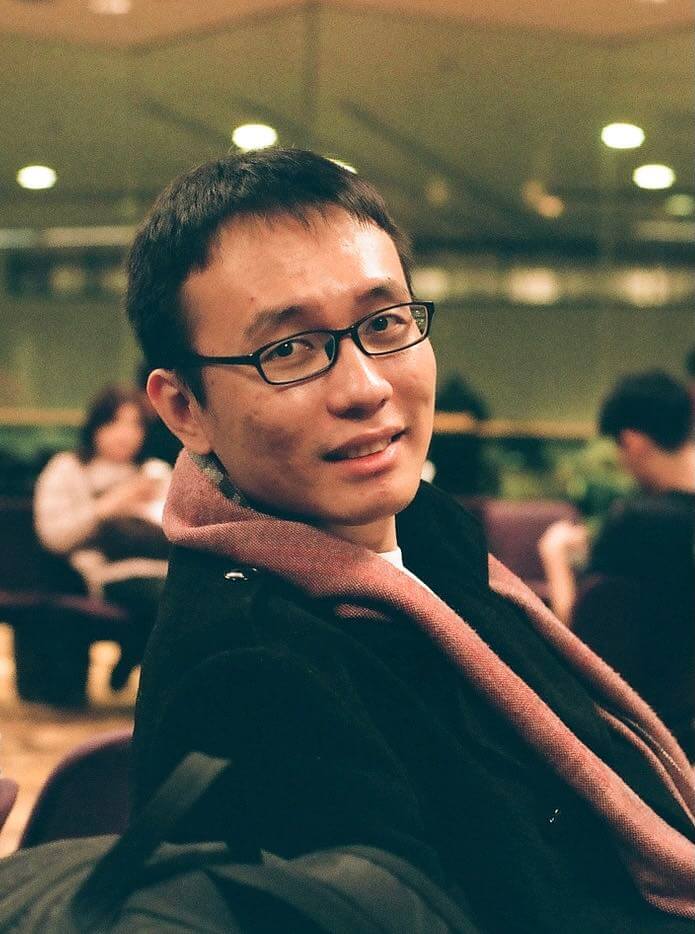Our Alumnus Speaks…
Department of Physics catches up with alumnus Dr Deng Jiawen (PhD, 2019), currently a model validator in the banking industry.
What were some career options you had in mind upon graduation?
Besides a postdoc position, I have thought about data-related positions, which is quite a common option for a physicist. In fact, many of my peers are now working as data scientists in various areas.
I was also quite interested in software developer positions in tech firms, as coding is quite attractive to me. But finally, I chose a quantitative role in the financial industry, which is a very balanced combination of mathematics, modelling and coding, so that I don’t need to lose touch with anything.
You were in the workforce for a while before furthering your studies in the department. What was the motivation behind your pursuit of a higher degree in Physics?
I love physics, so pursuing a PhD has always been my only target throughout my undergraduate study. In fact, I worked as a research assistant before my PhD study, as an exploration of my research interest.
Share with us your present undertaking in the banking industry.
I am currently a model validator for the pricing of derivatives, which basically consists of three parts:
First of all, a model validator is supposed to understand the models and formulas in detail, and this requires us to go through every single line of the mathematical derivations provided by the model developer. Then we will independently implement the models once again to ensure the derivations and existing codes are correct. A close form expression is usually not available, so usually, partial differential equation numerical solver, Monte Carlo method or other numerical methods are used. Sometimes, approximations, for example Wentzel–Kramers–Brillouin approximation, can also do the job. After all these, we have to write documentation. This is to record our conclusions and qualitative understanding of the models. We will also need to provide various tests to help in understanding the capability of a model, i.e. when will a model fail to describe the secondary market.
How do you think the physics education you have received at NUS played a useful and relevant role in your career growth?
As one can sense from my previous description, the life of a model validator sounds quite familiar: first, do some mathematical derivations, then verify the idea using numerical methods and lastly, write a paper. Almost everything I have learned in the Department of Physics plays a role in my financial career. In fact, a large portion of the industry players has a physics background. I have even come across the use of bra-ket notation and Einstein summation convention in documents without any explanation like people should take them for granted. Clearly, these are the works of fellow physicists!
What is one practical skill you think our graduates could acquire to equip them for employment? Any other words of advice or encouragement?
I would say coding skill. Nowadays coding is for sure an essential skill, and I have no doubts that our students can learn a programming language easily. However, coding is far more than just learning the language. Coding is like engineering in the sense that one needs to think about how to design the modules and functions to make the whole system robust. Coding also requires some writing and communications skills because readability is vital when someone (can be yourself) comes back to maintain one piece of code. I would say keeping this mindset of “writing robust and readable codes” has helped me tremendously in both my research and work. With the marketplace still grappling with the effects of the pandemic, may I also add, just to cheer us all up a little bit: we have survived physics, nothing can be more difficult.

Almost everything I have learned in the Department of Physics plays a role in my financial career.
Dr Deng Jiawen
